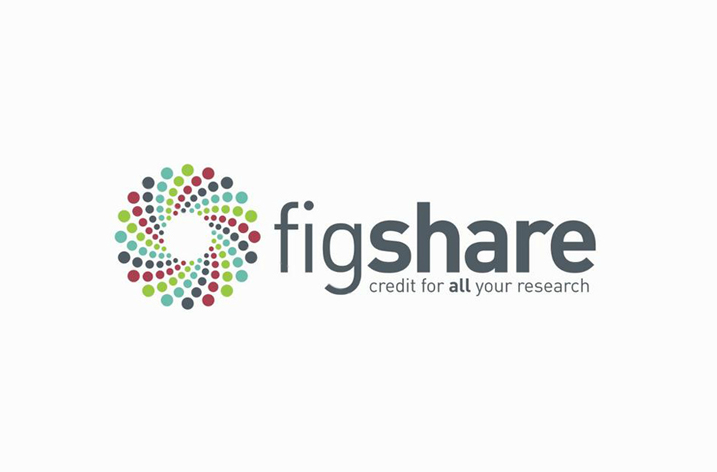
Following a year-long negotiation led by Jisc, UK universities have agreed a new, three-year read and publish open access (OA) deal with Springer Nature.
The deal meets the sector’s requirements to reduce costs and to expedite full and immediate open access in more than 2,500 Springer Nature titles, including Nature, the Nature research journals, and the Palgrave portfolio.
It also helps researchers and their institutions meet research funders’ open access requirements.
Results of the consultation on the latest proposal from Springer Nature were conclusive, with all 110 respondents voting to accept the offer, although a large number did so ‘with significant reservations’.
There were concerns around the high cost of publishing OA outside the agreement and the limited transparency, particularly with how Springer Nature’s article processing charges (APCs) are calculated.
Comments were also raised around Springer Nature’s approach to author rights retention, given the publisher’s commitment to gold OA, which some respondents felt created barriers to equitable OA publishing world-wide.
Key points of the agreement include:
· This agreement will result in real term cost savings for all institutions, which was a key requirement of the sector.
· Unlimited open access publishing is included in Springer and Palgrave hybrid journals.
· Open access publishing in Nature and the Nature research journals is subject to a cap, which modelling shows should be sufficient. However, authors can take advantage of a green deposit open access backstop should the cap be exceeded.
· The deal includes an opt-in fully open access framework, whereby APCs across Springer Nature’s open access portfolio are discounted by 15%, with annual caps on APC increases in mature titles (older than five years). Institutions have the option to pre-pay, post-pay or pay-as-you-go.
The UUK/Jisc content negotiation strategy group was at the heart of talks with Springer Nature. Its chair, Professor Stephen Decent, principal and vice-chancellor at Glasgow Caledonian University, said:
“This agreement will further extend the reach and impact of UK research by providing open access publishing in 2,500 Springer Nature journals.
“This means that the circa 6,000 papers published annually by UK researchers in those journals will be free to read and reuse for all, accelerating new discoveries and innovation.
“The deal also delivers greater value for public funds by reducing costs and providing greater levels of open access to UK research.
“While this is an important deal that delivers concessions, the goal of fully accessible open research still eludes us.
“What’s required is a more inclusive and open research culture, where all contributions to research are valued, regardless of the type of output or where they are published.
“The UK research community must work together, and with international colleagues, to ensure global equity of publishing opportunity and knowledge generation.”
Carolyn Honour, Chief Commercial Officer, Springer Nature, said:
“Our eight-year OA partnership with UK institutions has played an important role in supporting the UK as it transitions to open access.
“It has enabled more than 30,000 research articles to be published OA, seen usage of this research increase by more than 50% – meaning UK research is being read, used and reused more than ever – and contributed to the UK’s leading role in publishing research that is immediately and fully available.
“We are proud to have reached a new agreement, which, for the first time covers all Springer Nature journals, and importantly opens up access to UK research and extends publishing opportunities to a broader range of institutions and disciplines.
“However, we are aware that global challenges to the OA transition remain. We are committed to working transparently, through the publication of data and resources, and extensively with our global partners to resolve these.
“We firmly believe in the drive towards open access and open science and the benefits that that brings, not only to authors and research, but to society as a whole.”




























